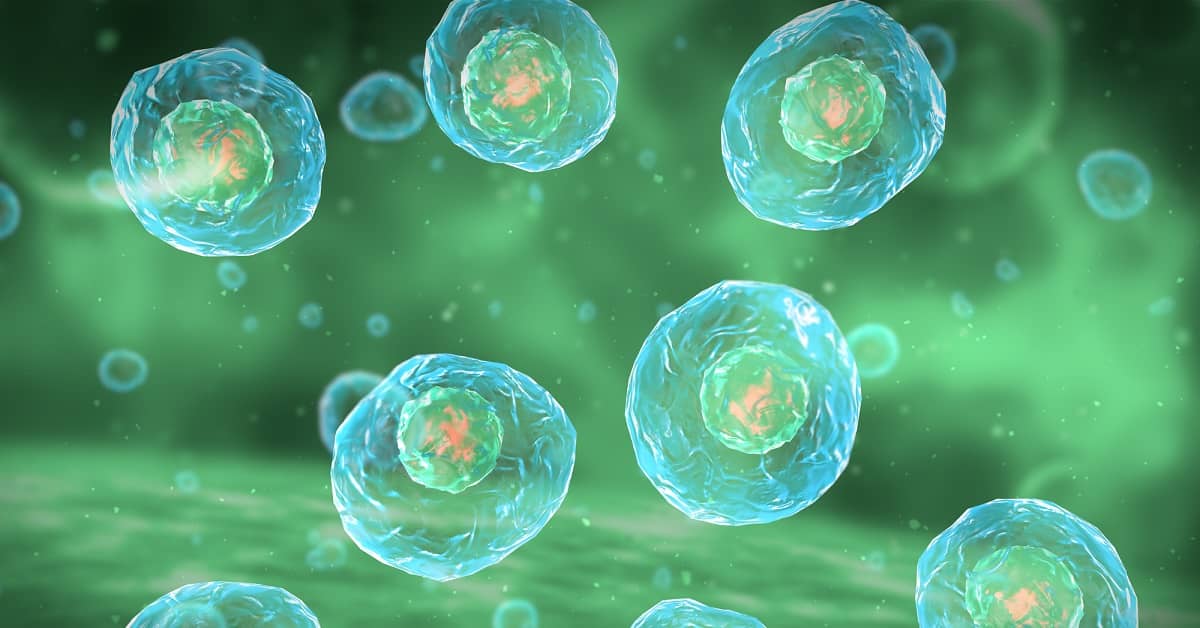
A new class of drugs targeted at these cells, called senolytics, has shown enormous promise, but we'll have to wait some years for them to prove their worth and safety in human trials.
But a new senolytic has emerged that's completely natural, found in many fruits and vegetables, and is available as a dietary supplement right now.
It's called fisetin. Keep reading for the full story. . .
The Most Potent Flavonoid
With aging, the immune system becomes less able to clear damaged cells.These senescent cells lose function and stop dividing, yet hang around and refuse to die. They build up in the body, secreting toxic and inflammatory molecules that damage surrounding tissues. Scientists believe they contribute to many age-related diseases.
Senolytic drugs have come up trumps in early trials. They've been shown to delay age-related conditions and increased the lifespan of mice by 20 to 36 percent.
One of these, D+Q, combines a chemotherapy drug with the flavonoid quercetin – a familiar supplement you can buy at a supplement store. Quercetin is a plant molecule that’s been shown to clear senescent cells without harming healthy cells.
However, a cell culture study published by American scientists in EBioMedicine compared the senolytic activity of ten plant compounds, including resveratrol, curcumin, ECGC from green tea, and fisetin, as well as quercetin, and found that fisetin was by far the most potent.
That was just the beginning.
How Does a Ten Percent Longer Life Sound to You?
Having discovered fisetin to be the most powerful zombie-clearing flavonoid, the researchers, hailing from five science institutions across the US, added the compound to the diets of elderly mice.The 22 authors summed up their findings by writing that the study "is the first to document extension of both health span and lifespan by a senolytic with few side effects, even though administration was started late in life.
"Taken together, these data establish the natural product fisetin as a potent senotherapeutic...and demonstrate that reducing the senescent cell burden in mice even late in life is sufficient to have a significant health impact."
One of the authors, Paul Robbins, commented:
"The mice reached an extension of lifespan and health span of over 10 percent - that's pretty remarkable. These results suggest that we can extend the period of health, termed health span, even towards the end of life."
According to another member of the research team, Laura Niedernhofer, "It turns out that fisetin is a natural product that actually we were able to show very selectively and effectively kills these senescent cells, or at least dials back their bad secretions or inflammatory proteins."
No Bad Side Effects
The final test was to see if fisetin was active as a senolytic in human tissue. Their experiments confirmed the flavonoid was effective at clearing zombie cells.The authors concluded their paper by writing, "Given that fisetin is a natural product found in common foods and available as an oral dietary supplement and has no reported adverse side effects, our pre-clinical data suggest that fisetin should...have a significant benefit to the health of elderly patients."
While fisetin is widely available in fruits and vegetables, it's only at microgram levels - far too low to have any senolytic effect. Strawberries have by far the most, but even then you’d have to consume a huge amount to gain the benefits.
Fortunately it’s available as a supplement. The suggested daily dose is 100 milligrams per day.
The Mayo Clinic is currently running a human trial to see if fisetin can reduce inflammation and frailty in people aged over 70. We'll let you know about their findings when they report next year.
